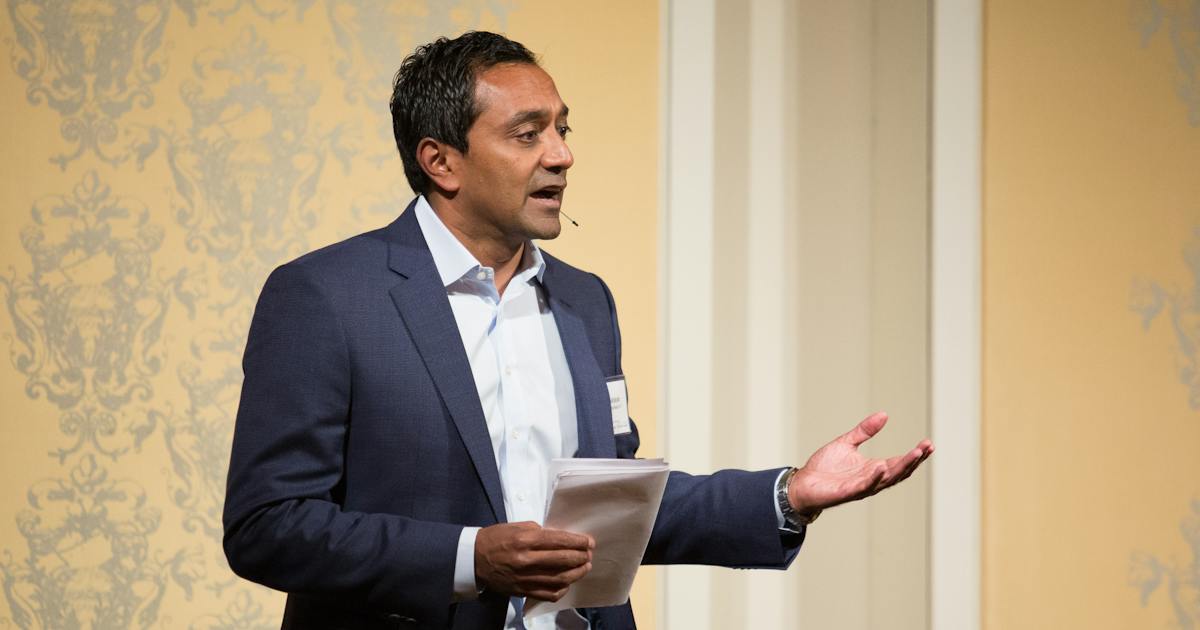TIME has named Conservation International CEO M. Sanjayan to its inaugural list of the 100 most influential people driving climate action in business.
He is in good company: The TIME100 Climate list announced Thursday also includes Conservation International board members Stella McCartney, fashion designer and sustainability advisor at LVMH, and Lisa Jackson, vice president of environment, policy and social initiatives at Apple.
Each year, TIME100 features artists, athletes, politicians or others who are changing the world. Now, for the first time, it has honored 100 leaders tackling one of humanity’s greatest challenges: climate change.
Born in Sri Lanka and raised in West Africa, Sanjayan has worked to focus attention on developing countries, which have contributed the least to climate change yet face the highest risks from it. At the same time, many developing countries, particularly in the tropics, hold vast stores of carbon in nature — a key to combating climate change.
“There is a carbon capture tool that is well studied, immediately scalable, and boasts a 3.4-billion-year record of success: photosynthesis,” he said in the TIME interview.
“We cannot plant and restore our way out of the climate crisis, but we also cannot afford to ignore nature,” said Sanjayan, who is also a leading science communicator, hosting and cohosting a range of documentaries for PBS, BBC and Discovery.
“One quarter of emissions come from deforestation and land degradation. Until we cease our war on nature, we have no chance of reaching net zero — yet nature-based work receives a tiny fraction of climate finance.”
To that end, with Sanjayan at the helm, Conservation International has helped drive more than US$ 700 million in private capital to the protection of nature. Over the next five years, that number is expected to increase to an additional $2.6 billion.
Asked where climate activism should go in the next year, Sanjayan responded: “Climate activism should look south.”
“Similar to the independence movement of the mid-20th century, we are seeing increased agency amongst ‘developing nations’ to demand action on climate change,” he said. “Climate solutions must address Global South exigencies. They must be justice-oriented, resilient solutions.”
The TIME100 Climate issue is available here. It will hit newsstands in print on November 24.
Conservation International op-eds in TIME:
Mary Kate McCoy is a staff writer at Conservation International. Want to read more stories like this? Sign up for email updates. Also, please consider supporting our critical work.
